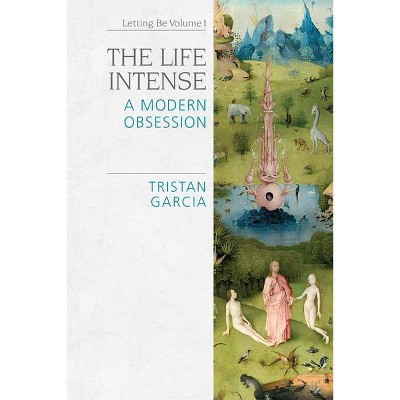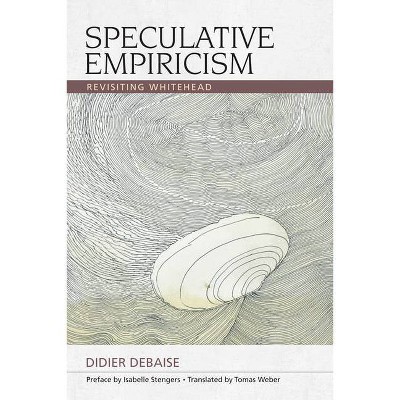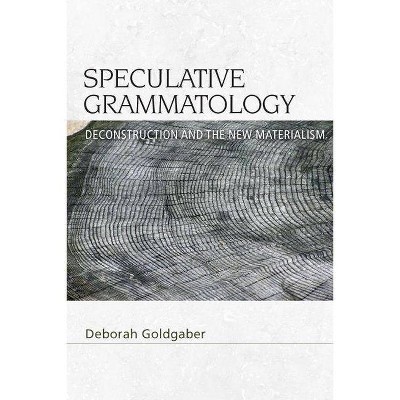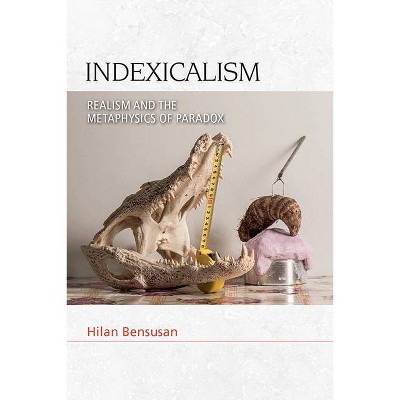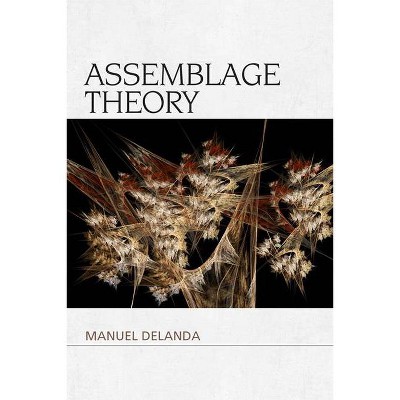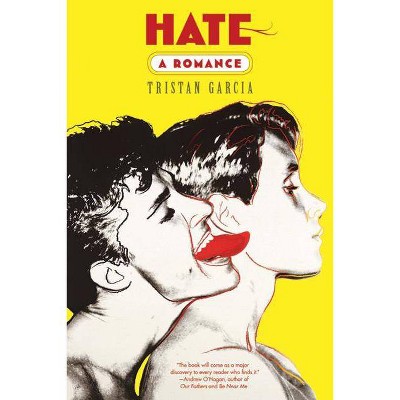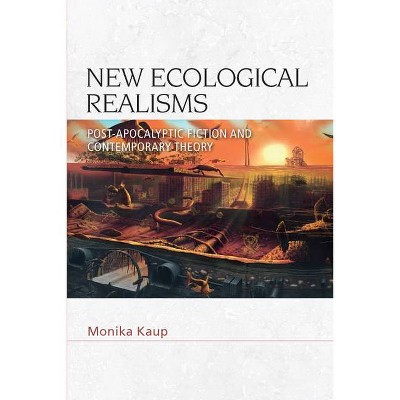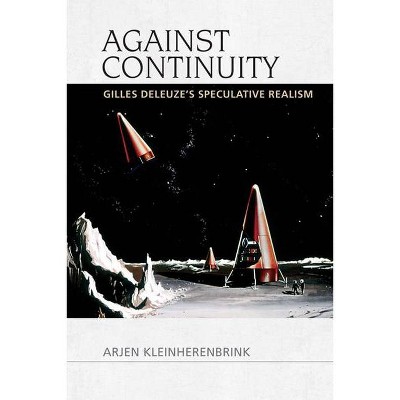We Ourselves - (Speculative Realism) by Tristan Garcia (Paperback)
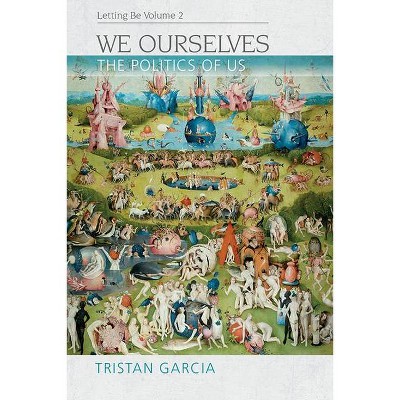
Similar Products
Products of same category from the store
AllProduct info
<p/><br></br><p><b> About the Book </b></p></br></br><p>Throughout the history of human societies, the question of 'we' has always entailed the question of 'us and them'. Tristan Garcia's looks at the history of how people have imagined themselves in their societies. All in all, this work is a rigorous engagement with the history of humanity's attempts at being collectively.</p><p/><br></br><p><b> Book Synopsis </b></p></br></br><p>Throughout the history of human societies, the question of 'we' has always entailed the question of 'us and them', the reconciliation of which can either give birth to or mark the end of a politics. Tristan Garcia's radical historicisation of the ways we have imagined ourselves is more than a commentary on the dynamics of representation in a given society. This work is a rigorous engagement with the history of humanity's attempts at being collectively. For fans of The Life Intense, the first volume in the Letting Be series, We Ourselves is the next step in the development of Garcia's thought, but for those who have not read it, it also stands alone. Garcia provides a methodological framework that critically reinvigorates our dreams of the society to come and clears the way for the return to ontology in Letting Be III.</p><p/><br></br><p><b> From the Back Cover </b></p></br></br>The second volume in the Letting Be trilogy moves toward a radically new politics that is both emancipatory and realist. Throughout the history of human societies, the question of 'we' has always entailed the question of 'us and them', the reconciliation of which can either give birth to or mark the end of a politics. Tristan Garcia's radical historicisation of the ways we have imagined ourselves is more than a commentary on the dynamics of representation in a given society. This work is a rigorous engagement with the history of humanity's attempts at being collectively. Garcia provides a methodological framework that critically reinvigorates our dreams of the society to come and clears the way for the return to ontology in Letting Be III. Tristan Garcia is Professor of Philosophy at the University of Lyon. Christopher RayAlexander is an Independent Scholar. Abigail RayAlexander is Assistant Professor of French at Kennesaw State University. Jon Cogburn is Professor of Philosophy at Louisiana State University.<p/><br></br><p><b> About the Author </b></p></br></br><p>Tristan Garcia is Professor of Philosophy at the University of Lyon and an award-winning novelist. He is the author of <i>La vie intense: Une obsession moderne</i>, translated into English as <i>The Life Intense: A Modern Obsession</i> (Edinburgh University Press, 2018) and <i>Forme et objet. Un traité des choses</i> (PUF, 2011), translated into English as <i>Form and Object: A Treatise on Things</i> (Edinburgh University Press, 2014). His other philosophical works include <i>L'Image</i> and <i>Nous</i>. His fictional works include <i>Les cordelettes de Browser</i>, <i>En l'absence de classement final</i> and <i>Mémoires de la jungle</i>. In 2008, he received the Prix de Flore for <i>La meilleure part des hommes</i>, translated into English as <i>Hate: A Romance</i>. <p>Christopher RayAlexander is an independent scholar <p>Abigail RayAlexander is Assistant Professor of French at Kennesaw State University <p>Jon Cogburn is Professor of Philosophy at Louisiana State University. He is co-translator of The Life Intense: A Modern Obsession</i>. Together with Mark Ohm, he is the co-translator of Tristan Garcia's <i>Form and Object</i>, and is the author of <i>Garcian Meditations: The Dialectics of Persistence in</i> Form and Object (Edinburgh University Press, 2017).<p>
Price History
Price Archive shows prices from various stores, lets you see history and find the cheapest. There is no actual sale on the website. For all support, inquiry and suggestion messages communication@pricearchive.us
